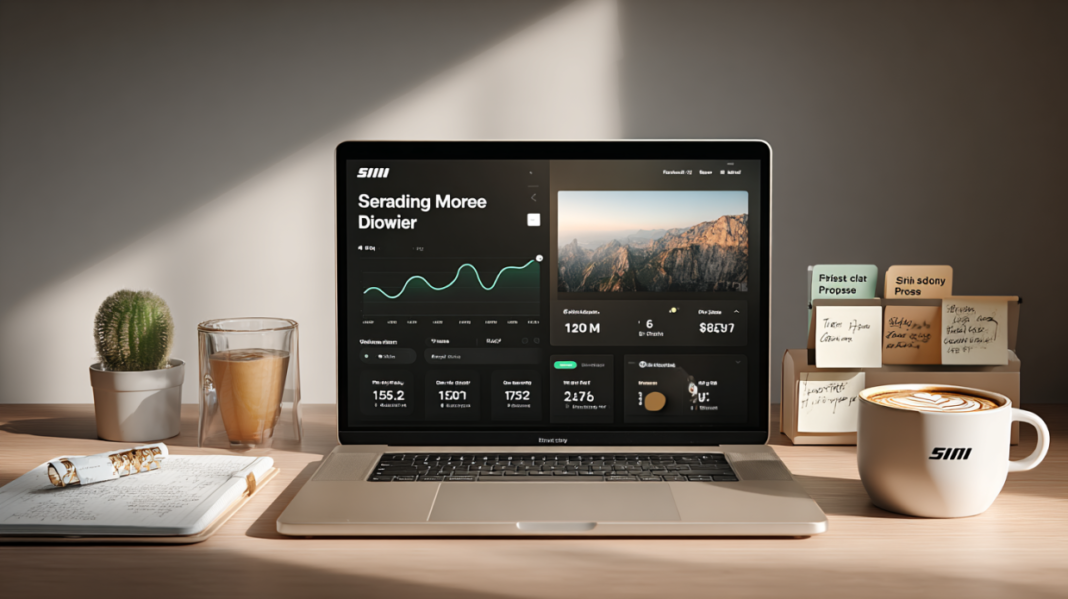Starting freelancing with zero experience might sound like climbing a mountain with no map but the truth is many successful freelancers began exactly where you are right now. No fancy portfolio no big-name clients just a willingness to learn and take action. In 2025 freelancing is more accessible than ever thanks to online platforms AI tools and a global demand for digital services
You don’t need to wait until you’re an expert. You just need a laptop a bit of internet and a plan. Here’s how to break into freelancing with no experience and actually get paid to do work you enjoy
Step 1: Pick a Service You Can Offer Now
You don’t need a degree to start freelancing. You just need a skill someone else is willing to pay for. And you probably already have a few
Start by asking
What do people often ask me for help with
What school job or hobby experience do I have
What do I enjoy doing that others avoid
Beginner-friendly freelance services
Writing blog posts or product descriptions
Graphic design using Canva
Social media management
Virtual assistant tasks
Simple video editing
Transcription or data entry
Translation if you’re bilingual
Tip: Don’t overthink it. Pick one thing you can do well enough and commit to improving as you go
Step 2: Learn Just Enough to Get Started
You don’t need a four-year degree but you should learn the basics of your chosen skill. Use free or low-cost resources to get confident quickly
Free learning platforms
YouTube – Everything from copywriting to Canva design
Coursera – Free courses from real universities
HubSpot Academy – Free digital marketing certifications
Skillshare – Affordable classes with hands-on demos
ChatGPT – Ask it to explain any topic step by step
Prompt ChatGPT:
“Teach me how to write a product description that sells”
“Give me a beginner guide to managing a small business Instagram account”
Step 3: Set Up a Simple Portfolio
If you don’t have client work to show that’s okay. Create a few sample projects to display what you can do. Think of it as your practice work
For example
Writers: Create 2-3 blog posts or website pages
Designers: Make logos or social graphics for fake brands
Social media managers: Build a mock content calendar
Tools to build your portfolio
Canva – Design a simple one-page portfolio
Notion – Create a free landing page
Google Sites – Easy drag-and-drop personal site
Behance or Dribbble – For visual creatives
LinkedIn – Add examples directly to your profile
Tip: Don’t lie about experience but do show what you’re capable of. That’s what matters
Step 4: Find Clients the Smart Way
When you’re starting out you need to go where clients already are. Freelance platforms make it easier to find people actively looking for help
Top platforms to try
Upwork – Competitive but full of opportunities
Fiverr – Great for set services and fast gigs
Freelancer.com – Variety of projects worldwide
PeoplePerHour – Smaller but beginner-friendly
Contra – No commission and clean interface
Toptal – Higher-end but you’ll need experience to apply later
Other smart places to find clients
Facebook groups for small business owners
Reddit communities like r/forhire
Cold email or DMs to local businesses
Prompt ChatGPT:
“Write me a short cold message for offering social media help to small businesses”
Or
“Help me write a Fiverr profile bio for a beginner virtual assistant”
Step 5: Price Yourself Fairly
When you’re just starting your rates will likely be lower but that doesn’t mean you should work for free. Choose a fair starting point and raise your rates as you grow
Hourly vs fixed
Hourly is good for ongoing work
Fixed-price is better for one-time projects
Beginner freelance rate ideas
Writing: $20–$40 per article
Social media: $15–$25 per hour
Virtual assistant: $10–$20 per hour
Design: $25–$50 per project
Use ChatGPT:
“Help me calculate a fair rate for freelance blog writing with no experience”
Step 6: Deliver Great Work and Communicate Well
The easiest way to grow is by doing good work and being reliable. Even if you’re a beginner showing up on time communicating clearly and making revisions when needed can make you stand out
Tips
Always ask for feedback
Meet your deadlines
Be honest if something is out of your skill set
Keep learning as you go
Ask ChatGPT:
“How do I politely ask a client for a testimonial”
Or
“What’s a professional way to follow up if a client hasn’t responded in 3 days”
Step 7: Keep Learning and Leveling Up
Freelancing is a marathon not a sprint. The best freelancers are always improving their skills learning new tools and upgrading how they present themselves
Ideas for growing
Build a personal brand online
Start a blog or YouTube channel about your service
Take advanced courses to increase your rates
Offer new services as your skills grow
Tools that help freelancers
Trello or Notion – Organize projects and deadlines
Canva – Make proposals and graphics
Grammarly – Improve your writing
Toggl – Track your time
Wave – Send invoices and track income
Google Workspace – For docs email and forms
Final Thoughts
You don’t need years of experience or a fancy resume to start freelancing. You just need to pick a skill build a few samples show up professionally and stay consistent. The internet is full of opportunities and someone out there is looking for exactly what you can offer
Don’t wait until you feel ready. Get started with what you know and trust that you’ll learn what you need along the way. One small freelance job could be the start of your online career
Useful Links
Upwork – https://www.upwork.com
Fiverr – https://www.fiverr.com
Canva – https://www.canva.com
Skillshare – https://www.skillshare.com
Notion – https://www.notion.so
Grammarly – https://www.grammarly.com
Google Sites – https://sites.google.com
Wave – https://www.waveapps.com
Trello – https://trello.com
ChatGPT – https://chat.openai.com

